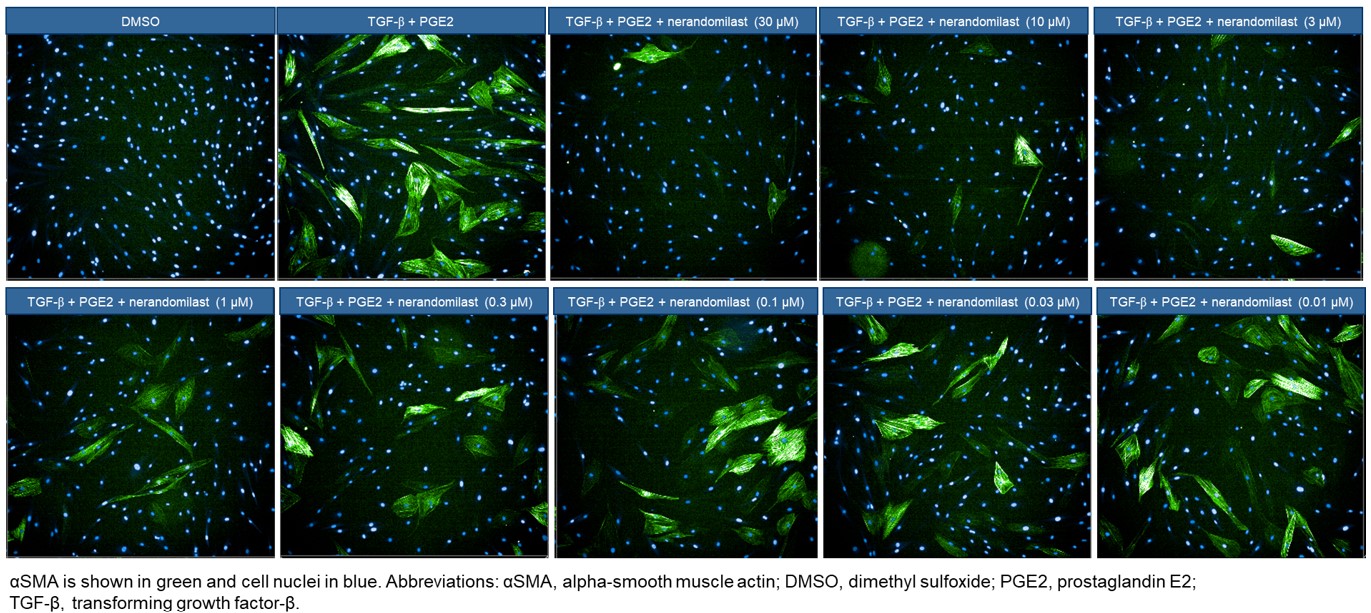Session Information
Date: Tuesday, October 28, 2025
Title: (2470–2503) Systemic Sclerosis & Related Disorders – Clinical Poster III
Session Type: Poster Session C
Session Time: 10:30AM-12:30PM
Background/Purpose: Systemic sclerosis (SSc) is a rare autoimmune disorder marked by immune dysregulation, vasculopathy, and progressive fibrosis affecting the skin and multiple internal organs, including the gastrointestinal (GI) tract.1 GI manifestation is the most prevalent complication of SSc, affecting up to 90% of patients.2 The pathophysiology for SSc GI manifestations is not fully elucidated and may vary across patients; however, it involves myopathy, neuropathy and fibrosis.1 Animal studies confirm that fibroblast dysfunction has a role in structural or motility abnormalities seen in SSc GI manifestations.1 Small intestinal dysmotility occurs in 40–88% of patients with SSc, and approximately 20–50% of patients experience GI manifestations involving the colon or large intestine;3-4 this high prevalence underscores the need for effective therapies. Phosphodiesterase 4B (PDE4b) inhibition is associated with antifibrotic and immunomodulatory effects.5-6 Nerandomilast, an oral preferential inhibitor of PDE4B, has shown antifibrotic effects in vitro by inhibiting extracellular matrix (ECM) production in both smooth muscle cells and intestinal fibroblasts, suggesting potential benefits in reducing tissue remodeling and intestinal fibrosis. This study investigated the effects of nerandomilast on primary intestinal smooth muscle cells and fibroblasts using in vitro models.
Methods: Normal primary human-derived intestinal fibroblasts and smooth muscle cells were treated with nerandomilast following cytokine stimulation. The effects of nerandomilast on smooth muscle cell proliferation, mediated by interleukin-1 beta and basic fibroblast growth factor, were measured using a 5-ethynyl-2′-deoxyuridine assay. Total nuclei number was calculated for transforming growth factor beta and prostaglandin E2-stimulated intestinal fibroblasts. Antifibrotic effects of nerandomilast were determined using an in vitro fibrosis model and by measuring the fibrosis markers alpha-smooth muscle actin (αSMA) and ECM protein collagen type I alpha 1 chain (Col1α1) in smooth muscle cells and fibroblasts, respectively.
Results: Nerandomilast reduced the proliferation of intestinal smooth muscle cells and fibroblasts. Additionally, nerandomilast significantly decreased the levels of αSMA in smooth muscle cells (Figure) and reduced Col1α1 expression in fibroblasts.
Conclusion: This study demonstrates the potential of nerandomilast as a therapeutic option for GI manifestations in SSc. In vitro, nerandomilast had significant antifibrotic effects on cell types relevant to intestinal remodeling and fibrosis present in SSc. These findings support further investigation of PDE4B inhibition as a targeted approach to managing intestinal fibrosis in SSc.References:1. Shreiner AB et al. J Scleroderma Relat Disord 2016;1(3):247.2. Luquez-Mindiola A et al. World J Clin Cases 2021;9(22):6201.3. Nassar M et al. Medicine (Baltimore) 2022;101(45):e31780.4. Volkmann ER, McMahan Z. Curr Opin Rheumatol 2022;34(6):328.5. Herrmann FE et al. Front Pharmacol 2022;13:838449.6. Reininger D et al. Br J Pharmacol 2024;181(23):4766.
 Figure. Fluorescent microscope cell images showing the effect of nerandomilast inhibition on expression of αSMA (fibrotic marker) induced by TGF-β in muscle cells of human fibrostenotic Crohn’s disease (n=4 donors)
Figure. Fluorescent microscope cell images showing the effect of nerandomilast inhibition on expression of αSMA (fibrotic marker) induced by TGF-β in muscle cells of human fibrostenotic Crohn’s disease (n=4 donors)
To cite this abstract in AMA style:
Zeng C, Amador L, Schloesser D, Simone-Roach C, Hall K, Daley L, Mikosz A, Schmitz J, Ebenezer D, Nickolaus P, Simitchieva K, El Kasmi K. In vitro antifibrotic effects of nerandomilast on cell types relevant to intestinal remodeling and fibrosis in systemic sclerosis [abstract]. Arthritis Rheumatol. 2025; 77 (suppl 9). https://acrabstracts.org/abstract/in-vitro-antifibrotic-effects-of-nerandomilast-on-cell-types-relevant-to-intestinal-remodeling-and-fibrosis-in-systemic-sclerosis/. Accessed .« Back to ACR Convergence 2025
ACR Meeting Abstracts - https://acrabstracts.org/abstract/in-vitro-antifibrotic-effects-of-nerandomilast-on-cell-types-relevant-to-intestinal-remodeling-and-fibrosis-in-systemic-sclerosis/
